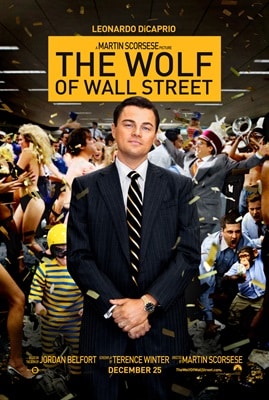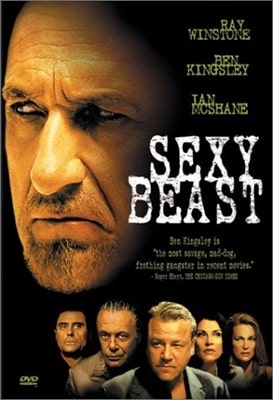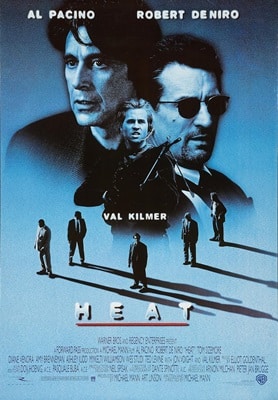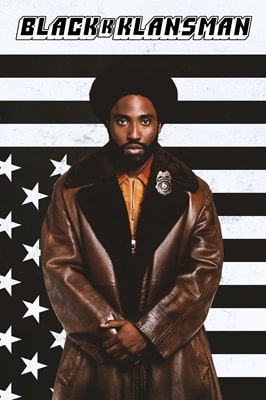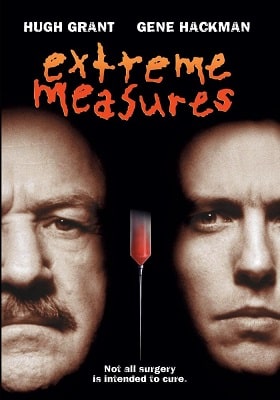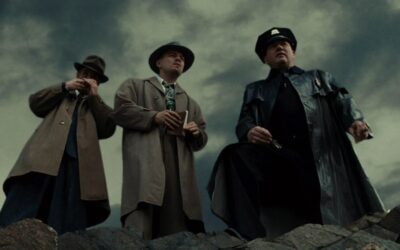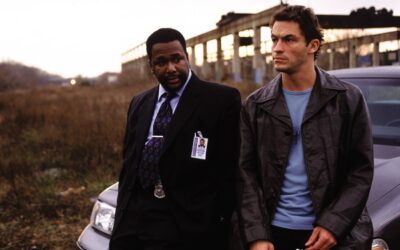Movie Review
The Wolf of Wall Street
Martin Scorsese’s ‘The Wolf of Wall Street,’ while ostensibly a crime story, transcends the genre to offer a multifaceted exploration of ambition, excess, and moral decay. This cinematic masterpiece delves into the hedonistic world of finance, where the pursuit of wealth overrides all ethical considerations. It’s a narrative that not only mirrors the crime genre but also extends beyond it, reflecting broader societal themes.
At its surface, ‘The Wolf of Wall Street’ fits neatly into the crime genre with its focus on the illegal activities of Jordan Belfort, a stockbroker who rises to dizzying heights of success through fraudulent schemes. The movie’s depiction of financial crimes, manipulation, and the consequent legal repercussions aligns with traditional crime narratives. However, Scorsese’s treatment of these themes elevates the film beyond a mere crime story.
The film delves deep into the psyche of its protagonist, portraying not just his actions but his motivations, insecurities, and rationalizations. This psychological depth offers a more nuanced view of crime, one that doesn’t merely present criminal activity but also explores the human element behind it. The character of Jordan Belfort, played by Leonardo DiCaprio, is not a one-dimensional villain but a complex individual shaped by ambition, societal pressures, and personal flaws.
Moreover, ‘The Wolf of Wall Street’ transcends the crime genre through its exploration of the culture of greed and excess. The film is as much a commentary on the moral bankruptcy of the late 20th-century financial world as it is a narrative about individual criminality. Scorsese uses the story of Belfort to critique a system that glorifies wealth and success at any cost, highlighting the societal conditions that foster such rampant greed and ethical disregard.
The film also reflects on the allure and corrupting power of wealth. Through its portrayal of Belfort’s lavish lifestyle and the extreme measures he takes to maintain it, ‘The Wolf of Wall Street’ offers a critique of materialism and the American Dream gone awry. This theme resonates beyond the confines of the crime genre, inviting viewers to reflect on their values and the societal obsession with financial success.
In its narrative structure and style, the film pays homage to classic crime stories while innovating within the genre. Scorsese’s use of dark humor, fast-paced editing, and breaking the fourth wall adds a layer of complexity to the storytelling. This approach not only engages the audience but also serves to underscore the absurdity and moral ambiguity of Belfort’s world.
Furthermore, the film’s exploration of the consequences of crime, both legal and personal, adds depth to the narrative. The downfall of Belfort and the impact of his actions on those around him provide a sobering counterpoint to the earlier scenes of excess and indulgence.
In summary, ‘The Wolf of Wall Street’ is more than a crime story; it is a rich tapestry of themes and ideas, exploring the depths of human ambition, the seductive power of wealth, and the moral complexities of the financial world. While it reflects the crime genre in its depiction of Belfort’s illegal activities, it transcends it by offering a broader commentary on society and the human condition.
More Crime Movies
advertisement
Crime Features
Literary Crime
Where Depth Meets Deceit
Criminal Fashion
Iconic Outfits and Styles in Crime Fiction
Ethics in Crime Fiction
Exploring Morality in Law and Order

